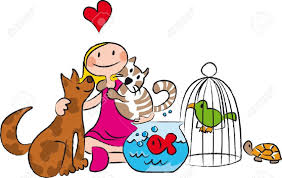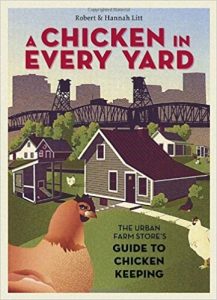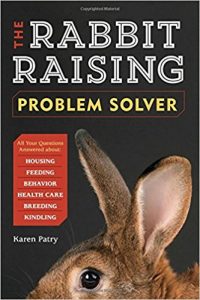WHAT THE HECK IS THAT?
Well, since our last issue talked about poop, for this issue, we thought we’d supplement that knowledge by exploring the topic of (ugh!) worms and other parasites. Yep, those gross little things that seem to grow for no apparent reason inside and outside of our pets can cause all sorts of complications. If you didn’t care about your pets, chances are you wouldn’t be reading this newsletter, so we want to make sure you have a full kit of information on pet parasites. It will help you better understand where they come from, what trouble they can cause if left untreated, and what the most common treatments are these days.
First of all, nasties like worms, giardia and fleas do NOT grow for no apparent reason. They grow because they were transferred to a host and that new host has a favorable environment in which to set up camp. Didn’t know your pet was so hospitable, did you? And depending on the type of parasite, the transmission and preferred environment can vary; so can the life cycle. There are lots of good articles out there that are written to explain this in detail. We’ll list links to some of our favorites here.
Please bear in mind some of these authors work for companies that sell parasite treatments. TASP isn’t endorsing any particular one and we aren’t suggesting that you necessarily deworm on a monthly basis as some of these articles recommend. Discuss the type and frequency of treatment with your vet; based on your pet’s age, condition and lifestyle, the vet will know how often and what kind of treatment should be administered.
Here goes……
The gold standard for reliable information about just about any condition in animals, including all forms of parasites is the VIN:
VCA Hospitals published two very straightforward articles about potential transmission of disease (some from parasites) between pets and their families:
VCA Hospitals – Zoonotics in Cats
VCA Hospitals – Zoonotics in Dogs
Perhaps the most comprehensive of all websites dedicated purely to parasites in our pets is (imaginatively called) Pets & Parasites:
Little City Dogs sells reasonably priced dewormers, flea prevention and heartworm prevention. They also have some really cute blogs about some of the different kinds of worms:
Little City Dogs’ Blog on Heartworm
Little City Dogs’ Blog on Roundworm & Tapeworm
Little City Dogs’ Blog on Tapeworm
Parasites may not be a pretty topic but arming ourselves with good information about them can make a real difference in the quality of life we and our pets can share. So let’s all become parasite warriors for our pets so they and we can live together in harmony .







